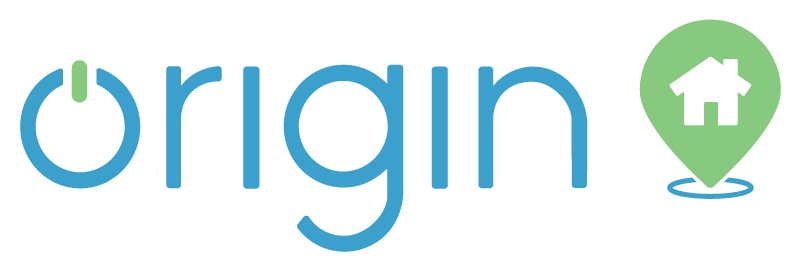Home values have plummeted across the county. Mortgage interest rates continue to hover between 4 and 5%, a historical low. Both seem to suggest it's a good time to buy a house. So is now the time to pull the trigger on a new mortgage?
There are a few things you should consider before you start looking for a house. First, how comfortable would you be if you were to become "upside-down?" That means you would owe more on the home than it's actually worth.
Property values continue to fall and there's really nothing to indicate they will stabilize anytime soon. Point being, you might be buying on the way down rather than at the bottom or even on the way up. Today some 28% of homeowners are in that same position and trust me, most of them wish they weren't.
Second, don't buy a house simply because the rates are low. Too many people are focusing just on the interest rates and that's a bad idea. Remember, when you borrow $250,000 to finance a home, you still owe someone $250,000. Just because the loan has a very low interest rate doesn't make you any less in debt than someone who has a horribly high interest rate.
If you're going to buy a house then do so because you want the home, you love the neighborhood, the school district is good, or you're tired of renting. Don't do it just because the rates are low. Think of the low rate as being the cherry on top, not the ice cream on the bottom.
Just because you're hearing advertisements for incredibly low interest rates it certainly doesn't mean that you'll actually qualify for those rates. You better have killer FICO credit scores and you better have them at all three of the credit reporting agencies. Remember, mortgage lenders pull all three of your credit reports and all three of your FICO scores and then use the middle of your three scores on which to base their decision.
And finally, you may have to pony up a 20% down payment to get those really low rates. The world of mortgage lending has changed dramatically since the end of 2007. There are no more "liar loans" (when you would tell someone how much you made and nobody verified the accuracy). There are no more "110 LTVs" (loan that were 110% of the appraised value of the home). Sanity has worked it's way back into the mortgage lending environment, which means better credit is required and income has to be, well, real income.
 John Ulzheimer is the President of Consumer Education at SmartCredit.com, the credit blogger for Mint.com, and a Contributor for the National Foundation for Credit Counseling. He is an expert on credit reporting, credit scoring and identity theft. Formerly of FICO, Equifax and Credit.com, John is the only recognized credit expert who actually comes from the credit industry. Follow him on Twitter here.
John Ulzheimer is the President of Consumer Education at SmartCredit.com, the credit blogger for Mint.com, and a Contributor for the National Foundation for Credit Counseling. He is an expert on credit reporting, credit scoring and identity theft. Formerly of FICO, Equifax and Credit.com, John is the only recognized credit expert who actually comes from the credit industry. Follow him on Twitter here.
